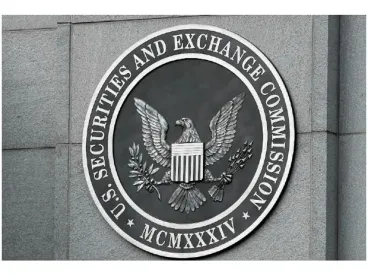Recognizing the substantial risks inherent in many derivatives transactions, and the substantial leverage that is often imbedded in derivatives, the SEC last week announced its proposed new rules that would impose limits on the exposure to derivatives for investment companies, which include mutual funds, exchange-traded funds and closed-end funds, and create other regulatory requirements. Exposure to highly leveraged derivatives gave rise to large losses and many years of litigation in the wake of the 2008 financial crisis. The proposed rules represent an effort to reduce these types of losses in the next financial crisis, at least with regard to registered investment companies.
There are three principal aspects to the proposed rules.
First, the new rules would impose portfolio limitations on registered investment companies designed to impose a limit on the amount of leverage a fund may obtain through derivative transactions and certain types of other securities. In general, the notional amount of a fund’s derivative transactions (combined with other types of exposures) would be limited to 150% of the fund’s net assets. The limit would increase to 300% of the fund’s net assets where the fund satisfies a risk-based test, reflecting that the investment portfolio is subject to less market risk than would be the case if the fund did not make use of derivatives.
Second, funds would be required to manage the risks associated with their derivative transactions by segregating a certain amount of cash or cash equivalents. A fund would typically be required to segregate an amount required to cover the fund’s mark-to-market obligations under its derivative transactions, and an additional amount designed to address potential future losses and payment obligations under the derivative transactions.
Third, except for funds that engage in only limited types and amounts of derivative transactions, funds would be required to establish a formal derivatives risk management program administered by a designated derivatives risk manager.
Hedge funds and other private investment funds that are excluded from the definition of “investment company,” would not be covered by the new rule. These funds may continue to use leverage as a component of their investment strategy, without limitation, notwithstanding the risk of future loss and litigation, particularly in the event of future market dislocation.



 />i
/>i
